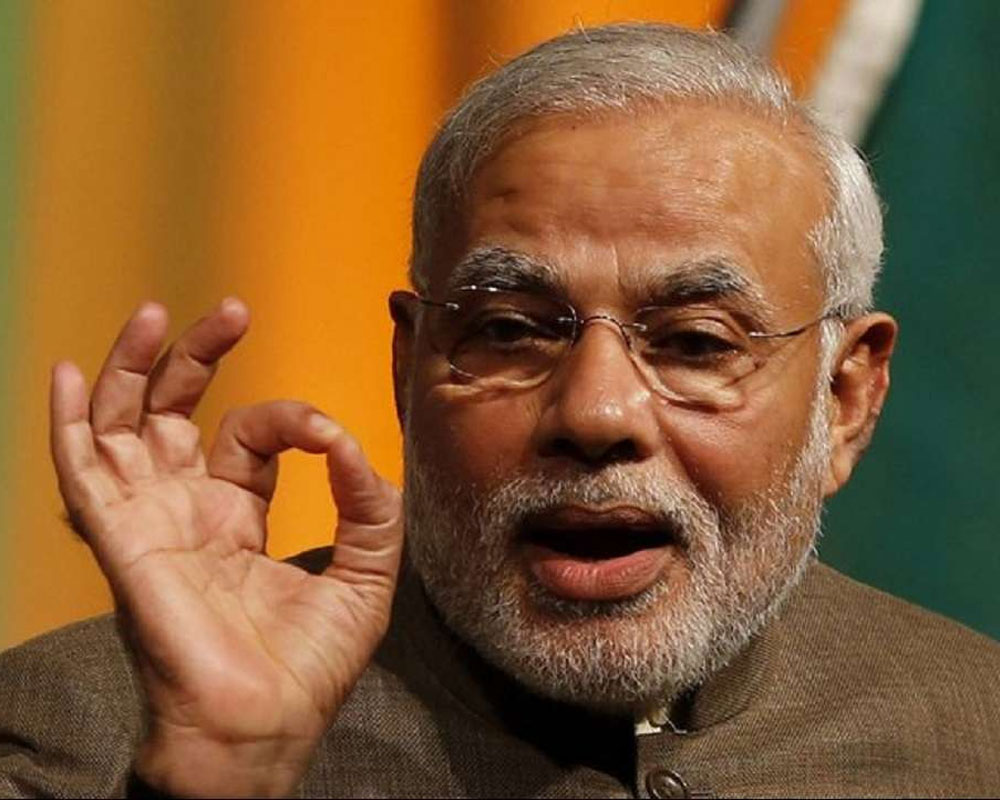The Act East policy needs to be complemented with the provision of an an enabling ecosystem so as to reap comprehensive benefits
The Act East Policy, with a focus on extended neighbourhood in the Asia-Pacific region, has been a cornerstone for India’s diplomacy in the current decade. While it was originally conceived as an economic initiative, in recent years, it has gained political, strategic and cultural dimensions, including the establishment of institutional mechanisms for dialogue and cooperation. India has upgraded its relations to strategic partnership with Indonesia, Vietnam, Malaysia, Japan, Republic of Korea, Australia, Singapore and Association of Southeast Asian Nations (Asean) and has, thus, forged close ties with all countries in the Asia-Pacific region.
Further, apart from Asean, East Asia Summit (EAS) and Asean Regional Forum (ARF), India has also been actively engaged in regional fora, such as the Bay of Bengal Initiative for Multi-Sectoral Technical and Economic Cooperation (BIMSTEC), Asia Cooperation Dialogue (ACD), Mekong-Ganga Cooperation (MGC) and Indian-Ocean Rim Association (IORA). Act East Policy has laid emphasis on India-Asean cooperation for our domestic agenda on infrastructure, manufacturing, trade, skills, urban renewal, smart cities, Make in India and other initiatives. Connectivity projects, cooperation in space and people-to-people exchanges can become a springboard for regional integration and prosperity.
The objective of Act East Policy is to promote economic cooperation, cultural ties and develop strategic relationship with countries in the Asia-Pacific region through continuous engagement at bilateral, regional and multilateral levels, thereby providing enhanced connectivity to the States of north-eastern region, including Arunachal Pradesh, with other countries in the neighbourhood. The North-East has been given a priority in our Act East Policy. Various plans at bilateral and regional levels include steady efforts to develop and strengthen connectivity of the
North-East with the Asean region through trade, culture, people-to-people contacts and physical infrastructure (road, airport, telecommunication, power, et al). Some of the major projects include Kaladan Multi-Modal Transit Transport Project, India-Myanmar-Thailand Trilateral Highway Project, Rhi-Tiddim Road Project and India-Bangladesh Border Haats among others.
As one can see, countries in the Asia Pacific region, the targets of our Act East Policy, are at various stages of development. On the one hand, it cooperates with technologically-developed countries like Japan, Korea, and Taiwan. On the other, there is something that India can offer to the developing countries. With limited Government role in the present world, it is business-to-business (BB) or people-to-people (PP) relationship that will determine whether Act East policy can be a reality. Apart from paying lip-service to augment transport connectivity with the Asia-Pacific region, the Government has been slow in creating an enabling ecosystem for the Act East policy. Let me elaborate on the missing links where pro-active action is required.
At the outset, PP connectivity is extremely important for the growth of BB connectivity. Cross-country education of students is an excellent channel for vibrant growth of PP connectivity. However, most Indian students go to the West and not to the East for higher education. Western degrees are generally highly-valued in Government and private circles. The same is not true for degrees earned from universities in the Asia-Pacific region. Moreover, we do not have an agreement of mutual recognition of degrees with many of the universities in the Asian countries.
Weak educational links are the primary reason why an Indian researcher mostly collaborates with research partners in the Western countries. Since patent filing in many cases is an outcome for collaborative research, it is not surprising that most co-partners in joint works with Indian researchers reside in Western countries. When BB linkage emerges from the commercial application of the filed patents, no doubt, the likely partnership would be between the Indian and Western partners. These hurdles need to be crossed before we can effectively gain from the Act East policy.
The relevance of ethnic network for vibrant inter-region trade and investment growth cannot be overlooked if one examines the role played by the Chinese for fuelling FDI-led growth in China. Again, ethic Indians abound mostly in Western countries due to colonial/other linkages. Our Eastern countries score low on this front too. Hence, even if we Act East, we may have to be patient to reap real gains from our policy decisions. However, in the shortterm, this policy can be a game-changer for the North-East by creating a market space for their products and reducing the transportation barriers.
(The writer is Senior Fellow, National Council of Applied Economic Research)


























